Essential Techniques for Effective Investigations
Achieving positive results in the realm of detective work, honing your skills, and mastering the essential techniques are crucial for achieving successful outcomes. Understanding the subtleties of detective work is essential whether you work as a private investigator or for a respectable detective firm. We will examine the essential processes and recommended procedures that will enable you to succeed in your investigative endeavors in this comprehensive guide. Let’s get started and discover the tricks of good sleuthing! Let’s dive in and unravel the secrets of effective detective work!
The importance of precisely defining the scope of your detective work cannot be overstated before beginning any investigation. This involves understanding the objectives, identifying the target individuals or entities, and establishing the boundaries of your investigation. A well-defined scope will allow you to focus your efforts, allocate resources efficiently, and yield accurate results.
Gathering Preliminary Information for Effective Detective Work:
The initial stages of detective work require thorough information gathering. This can involve conducting background research, collecting relevant documents, or interviewing key witnesses. Leveraging both online and offline sources will enable you to build a solid foundation for your investigation and uncover valuable leads.
Implementing Detective Techniques:
A successful detective relies on a range of techniques to gather evidence and extract crucial information. Surveillance, undercover operations, forensic analysis, and interview techniques are just a few examples of detective work methods that can yield valuable insights. Mastering these techniques and adapting them to specific situations will greatly enhance your effectiveness as an investigator.
Employing Advanced Tools and Technology:
In today’s digital age, detective work has become increasingly reliant on advanced tools and technology. Embrace the power of data analysis software, surveillance equipment, and cutting-edge investigative tools to streamline your operations and uncover hidden connections. Staying updated with the latest advancements in the field will give you a competitive edge in solving complex cases.

Effective Information Management:
Detective work involves handling vast amounts of information, and effective management is paramount. Implementing secure information management practices ensures the confidentiality, integrity, and accessibility of sensitive data throughout the investigation process. Maintain meticulous records, organize evidence systematically, and protect confidential information to uphold the credibility of your detective work.
Collaboration and Cooperation in Detective Work:
Successful detective work often necessitates collaboration with various stakeholders, including law enforcement agencies, legal professionals, or other investigative experts. Establishing strong lines of communication and cooperation will provide valuable insights, and access to additional resources, and enhance the overall success of your investigations.
Documenting Findings and Report Preparation:
Once your detective work is complete, thorough documentation and report preparation is essential. Prepare a comprehensive report that summarizes your findings, includes supporting evidence, and adheres to professional standards. Clear and concise reporting ensures that your investigative efforts are properly communicated and can be used effectively in legal proceedings if necessary.
Commitment to Continuous Learning:
Detective work is a dynamic field, constantly evolving with new challenges and technologies. Foster a culture of continuous learning within your agency by attending industry conferences, participating in training programs, and staying abreast of the latest investigative techniques. Embracing lifelong learning will ensure that your detective work remains effective and up to date.





